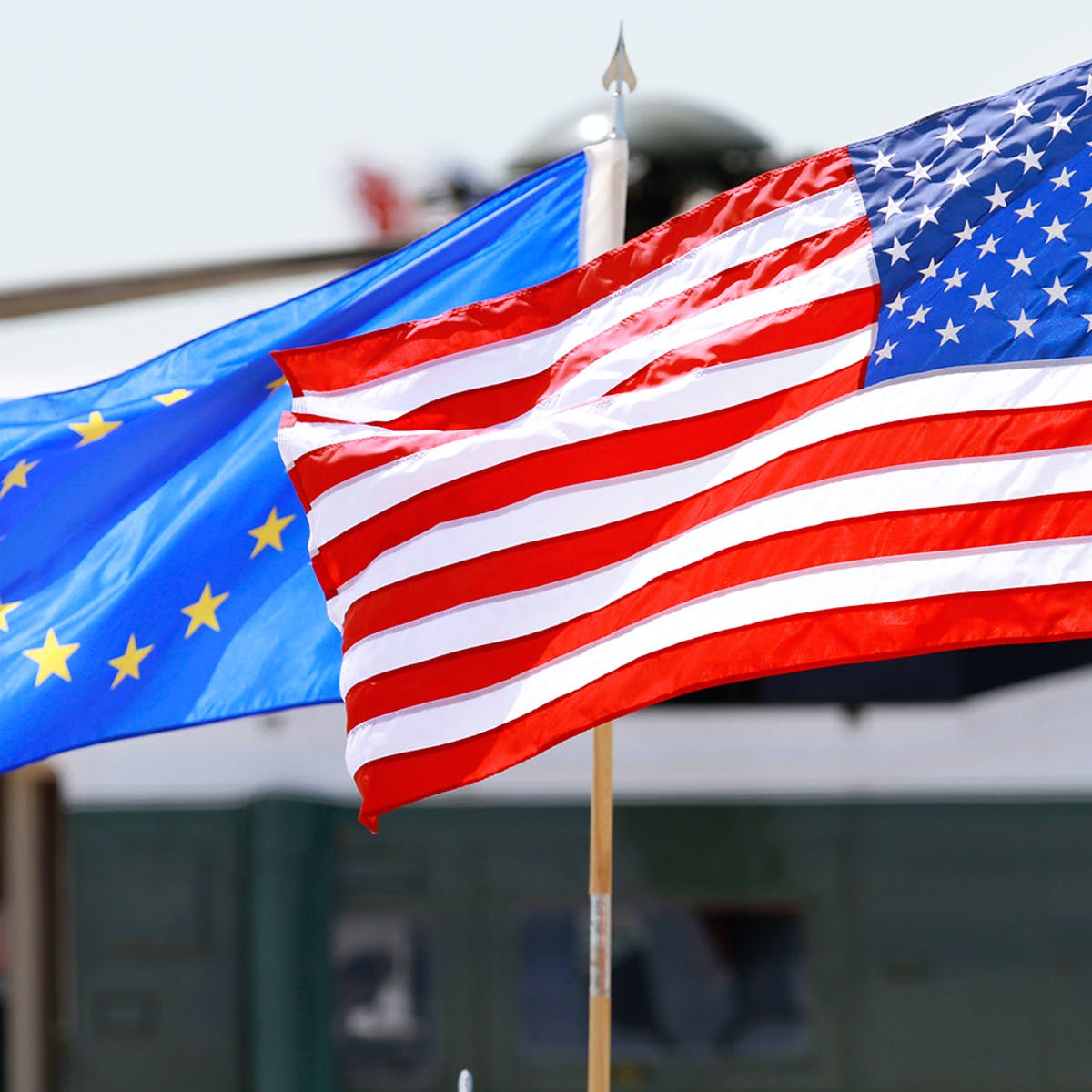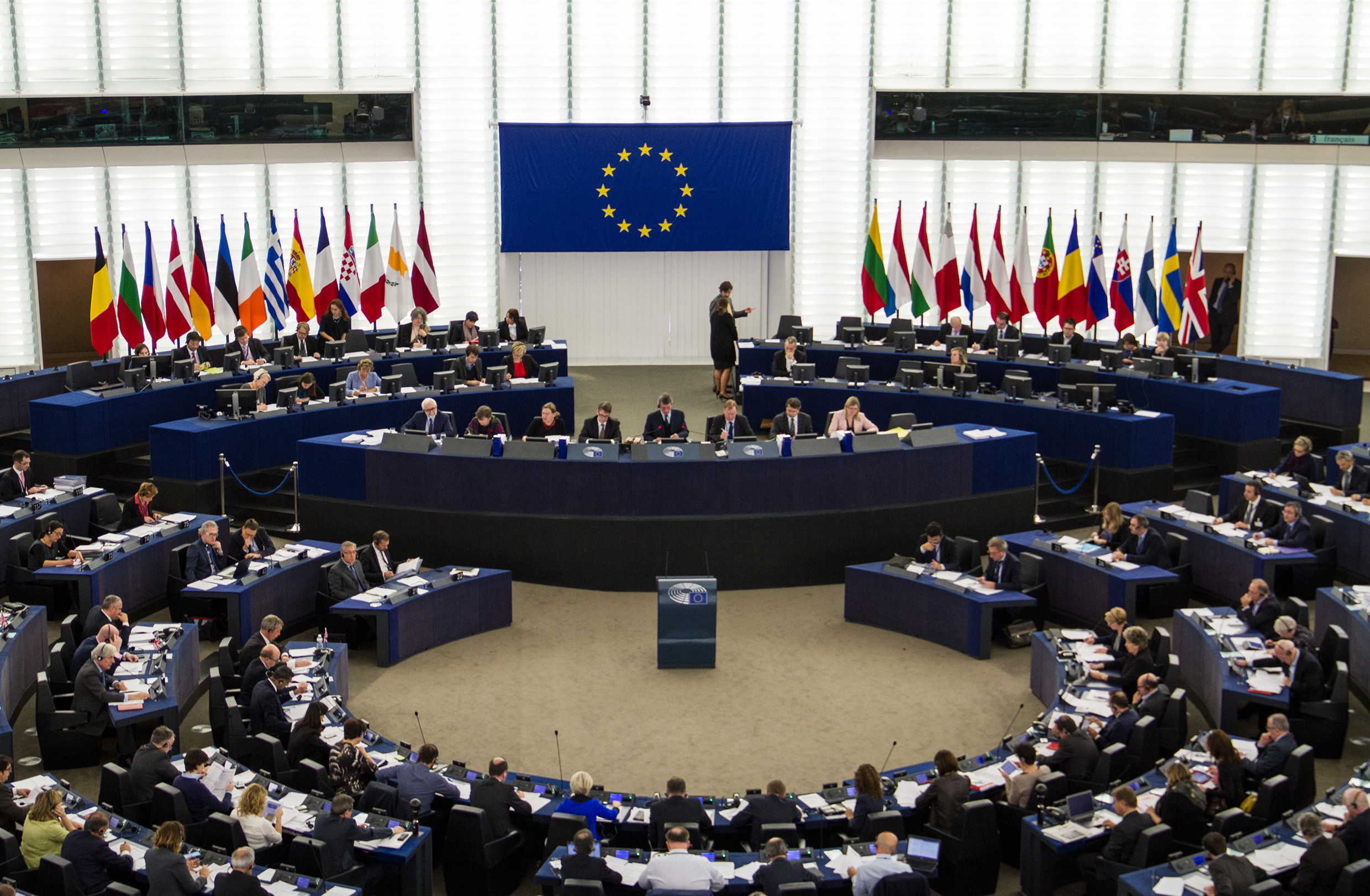Welcome to the 10th issue of the #CEEasia Briefing.
In this issue, we dissect the following topics:
- China-Czechia-Taiwan spy triangle
- CEE’s falling out with Huawei
- Serbia: China’s fellow engages in a balancing act
- Polish LOT airlines broaden connections with India
Do you need to know more about East Asia? Don’t hesitate to shoot us a message about custom analysis tailored to your needs.
China-Czechia-Taiwan spy triangle
What’s going on? Cheng Yu-chin, a Taiwanese citizen accused of espionage for Taiwanese
secret services and detained in 2019 by Chinese authorities, faces trial in China. Beijing claims Cheng was using his academic post at Charles University in Prague to collect intelligence, recruit mainland personnel in European countries, and damage the PRC’s diplomatic ties in Europe. Cheng’s confession to his activities against China was aired by CCTV, a Chinese state broadcaster, on 12 October. Taiwanese authorities, however, argue that the confession has been fabricated and accuse Beijing of distortion of facts to the detriment of cross-strait relations.
Going Deeper… Allegedly, Cheng was recruited by the Taiwanese National Security Bureau in 2004 while working at Charles University. According to the Chinese state media, he was operating in the Czech capital where later in 2016, he founded a think tank called Institute of China-Europe Political and Economic Studies through which he was reportedly gaining intelligence on China and infiltrating circles of Chinese scholars and diplomats. In the Czech Republic, however, Cheng’s institute has been associated mainly with promotions of the Belt and Road Initiative, or organization of summer schools and other educational programs aimed at Chinese students.
This means… It may not be a coincidence that Cheng’s appearance on the Chinese national TV channel came weeks after Beijing’s infuriated reaction to the Czech Senate President Miloš Vystrčil’s August visit to Taipei. The Global Times labeled Cheng as one of many Taiwanese “separatists” whose operations have been successfully uncovered by the Chinese state security in recent years. However, Taiwan’s Prime Minister Su Tseng-chang rejected the claims as a smear campaign and called Beijing “paranoid”. Nevertheless, the televised confessions of missing Taiwanese also gave rise to concerns about the security of the island’s citizens visiting mainland China especially against the backdrop of the worsening cross-strait relations.
Further reading:
Taiwan News: Another Taiwanese reportedly detained by China for ‘endangering national security’
Taipei Times: Taiwan dismisses China’s spy claims
Aktuálně: Name of Charles University abused by another company. It brings Chinese students to Czechia (in Czech)
Global Times: Taiwan spy used Europe academic post to infiltrate mainland, harm China-Europe ties
CEE’s falling out with Huawei
What’s going on? On October 22, Slovakia´s Foreign Minister Ivan Korčok visited the United States, where he met American Foreign Affairs Minister Mike Pompeo. The reason for the visit was to sign the Joint Declaration on 5G Security. This came after the Slovak government acknowledged material submitted by the Ministry of Foreign and European Affairs on November 14. The declaration does not exclude any specific country, or company, however, the anti-Chinese backdrop is evident. Its provisions are undoubtedly effectively restricting Huawei, ZTE, or any other Chinese firm from entering the infrastructure building process.
Going Deeper… Central European countries play a significant role in the US strategy to exclude Chinese companies from the telecoms infrastructure. So far, 12 CEE states signed onto the U.S. 5G security initiative: Albania, Bulgaria, Czechia, Estonia, Kosovo, Latvia, Lithuania, North Macedonia, Poland, Romania, Slovakia, and Slovenia.
Pompeo made this clear during his 2020 tour in Central Europe: “The United States is committed to collaborating with like-minded countries to deny malign actors such as the CCP access to our nations’ sensitive data.” During the trip, he signed a Joint Declaration on 5G with Slovenia´s Foreign Minister. Similar to the Slovak declaration, event if it did not specifically name any Chinese company, it is clearly aimed against Huawei and ZTE.
In Czechia, Huawei was an unequivocal favorite, until it was marked as a “security threat” by the Czech cybersecurity agency in 2019. The same goes for Poland, the most pro-American oriented CEE country.
What’s next? Despite various forms of strengthening Chinese influence in the CEE region, it seems, that China failed to accomplish its critically important goal. The intensive diplomatic effort of the Trump administration led to a series of declarations on 5G between the US and CEE countries.
Even though not legally binding, these declarations contain a clear political commitment to restrict Chinese companies’ access to 5Ginfrastructure development unless they comply with the strict criteria. On the other hand, this situation underlines severe differences among CEEs in matters of strategic importance. Here, the most clear-cut outlier is Hungary. Orbán´s government remains very affable to Chinese companies, as Huawei is building the 5G network infrastructure.
Further reading:
Voice of America: US, Slovenia to Sign 5G Joint Declaration
The New York Times: Huawei Was a Czech Favorite. Now? It’s a National Security Threat.
The Diplomat: Will Poland Be an Anti-Huawei Force in the EU?
Serbia: China’s fellow engages in balancing act
What’s Going on? Serbia signed an economic normalization agreement with Kosovo in Washington, which also included a provision about using equipment provided only by ‘trusted vendors’ in its telecommunication networks. The provision in question is apparently aimed at China, with whom Serbia maintained a largely cordial relationship. Later, in a sign of a balancing act, Serbian President Aleksandar Vučić reiterated Serbia’s plans to deepen cooperation with Beijing, saying China is a reliable and trusted partner to Serbia and will enhance cooperation with the Chinese tech giant, Huawei.
Going Deeper… An important foundation of the China-Serbia partnership is mutually compatible political views on issues of sovereignty and territorial integrity; both countries support each other’s stance on Tibet, Xinjiang, and Kosovo. Serbia’s strategic geographic location puts it at the center of the Belt and Road initiative’s connectivity to Central Europe.
Beijing is engaged in several important infrastructural and economic projects, like the Belgrade-Budapest high-speed railway and the Zemun-Borca Bridge, in Serbia. Belgrade has also partnered with Huawei in the “Safe City” project. Over time, Chinese investments have escalated to the extent that Belgrade has been warned against “becoming a Chinese client state”. On the other hand, Chinese investments in Serbia are mainly loans and largely concentrated around several specific projects.
Expectations for the Future? Chinese President Xi Jinping is expected to make an official visit to Serbia soon. At the same time, the threat of financial sanctions by Washington over cooperation with Huawei technologies is an important concern for Serbia. For example, in December 2019 the country stopped military purchases from Russia to avoid potential US sanctions. This means that in case Washington steps up its threats of sanctions towards Serbia, this could well determine the future of Belgrade’s partnership with Huawei and China at large.
Further reading:
Financial Times: Serbia cultivates both US and China in Balkans tug of war
The Diplomat: In Serbia, China’s Digital Silk Road Might Be in Trouble Very Soon
Global Times: Vucic vows to maintain China-Serbia friendship despite Washington pressure
Polish LOT airlines broaden connections with India
What’s going on? The Polish airlines have announced plans for a new direct flight between Warsaw and Bangalore. And while the timeline for the implementation remains unclear, the announcement points to the growing presence of Indian companies and nationals in Poland.
Going Deeper… The step follows after the first direct flight between India and Poland opened in 2019, operating between Warsaw and New Delhi five times a week. If the flight is implemented, Bangalore will be connected to five European cities including Amsterdam, Frankfurt, London, and Paris. The connection with Munich which was planned to open this summer was postponed until an unspecified date, however.
Regarding the numbers… The rising presence of Indian businesses and connectivity between the two countries is directly connected to its trading relationship. For India, Poland is the largest trade partner in Central Europe with around 650 million USD being poured into India. Indian investment in Poland are valued at over 3 billion USD and include at least 19 various companies. Most recently, Indian consulting company Infosys has invested in the country with around 3,000 Indian professionals currently working in Poland.
Further reading:
Economic Times: Polish Airlines to introduce direct flight between Bengaluru and Warsaw
Bangalore Mirror: Bengalureans, get ready to fly directly to Poland








